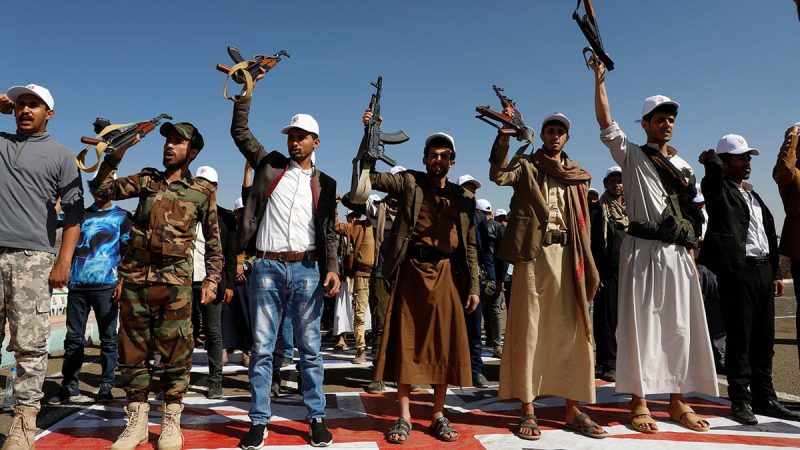The recent conflict between the Houthi rebels in Yemen and the Saudi-led coalition has brought the issue of US involvement in the region to the forefront. The Pentagon has been challenged on its assertion that US strikes are deterring Houthi attacks. This claim has sparked debate and raised questions about the effectiveness of US military intervention in the region.
One of the key points of contention is the Pentagon’s assertion that US strikes have been successful in deterring Houthi attacks. Critics argue that the evidence does not support this claim, pointing to the continued attacks by Houthi rebels on Saudi and UAE targets. Despite US efforts to support their allies in the region, the conflict has shown no signs of de-escalating.
Furthermore, the impact of US strikes on the ground in Yemen has also been called into question. Critics argue that the civilian casualties resulting from these strikes only serve to fuel resentment and anti-American sentiment in the region. The humanitarian crisis in Yemen has been exacerbated by the conflict, with millions of civilians facing food insecurity and lack of access to basic services.
The debate over the effectiveness of US strikes in deterring Houthi attacks has also raised broader questions about the US’s role in the region. Critics argue that US military intervention only serves to perpetuate violence and instability, rather than addressing the root causes of the conflict. They argue for a more diplomatic approach, focusing on peace negotiations and humanitarian aid to address the crisis in Yemen.
In conclusion, the Pentagon’s assertion that US strikes are deterring Houthi attacks has been met with skepticism and criticism. The ongoing conflict in Yemen highlights the complexities of the situation and the limitations of military intervention in resolving the crisis. Moving forward, there is a need for a more comprehensive and nuanced approach to address the conflict in Yemen and achieve lasting peace in the region.

